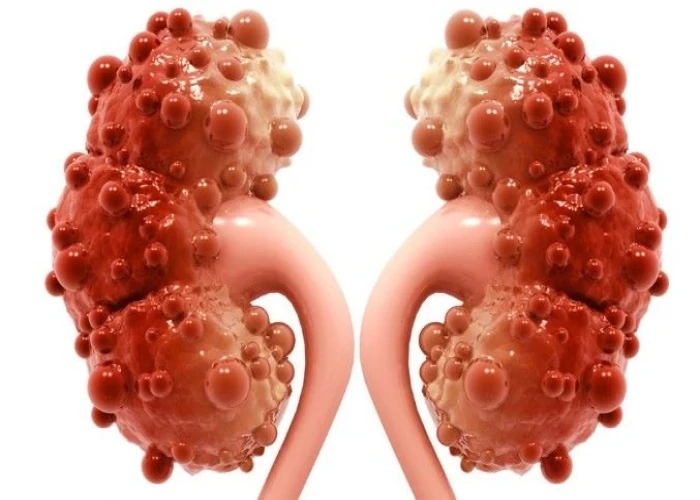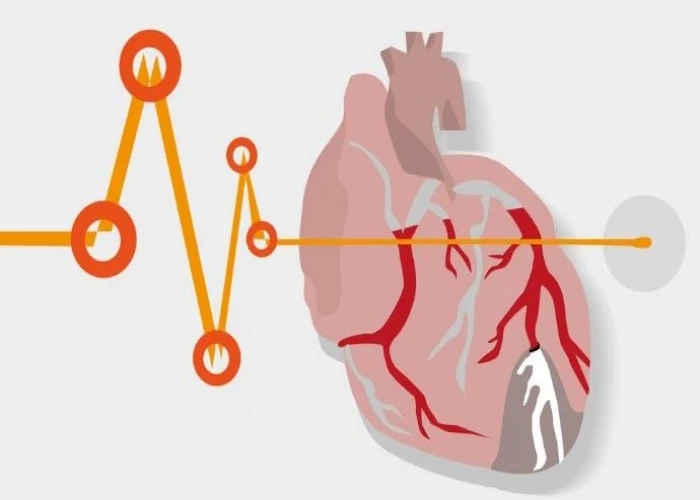 Welcome
Welcome
“May all be happy, may all be healed, may all be at peace and may no one ever suffer."
Common variable immunodeficiency

Common variable immunodeficiency (CVID) is a rare, primary immunodeficiency disorder characterized by low levels of immunoglobulins (antibodies) in the blood, leading to recurrent bacterial infections, particularly in the respiratory and gastrointestinal tracts. CVID usually manifests in adulthood, but it can also occur in children. The exact cause of CVID is unknown, but it is believed to involve both genetic and environmental factors. Diagnosis is typically based on blood tests that show low levels of immunoglobulins, as well as an assessment of clinical symptoms. Treatment often involves regular infusions of immunoglobulin replacement therapy to help prevent infections and manage symptoms. Antibiotics, antiviral medications, and other treatments may be used to manage infections as they occur.
Research Papers
Disease Signs and Symptoms
- Ear pain
- Recurrent respiratory infections
Disease Causes
Common variable immunodeficiency
In the vast majority of CVID cases, the cause is unknown. In around 10% of people with CVID, a genetic mutation has been identified. Researchers believe that the condition is caused by a combination of both environmental and genetic factors. As of now, the environmental factors are unclear.
Disease Prevents
Disease Treatments
Disease Diagnoses
Disease Allopathic Generics
Disease Ayurvedic Generics
Disease Homeopathic Generics
Disease yoga
Common variable immunodeficiency and Learn More about Diseases

Jellyfish stings

Narcolepsy

Primary biliary cholangitis

Polycystic kidney disease

Benign prostatic hyperplasia (BPH)

Childhood obesity

Myocardial ischemia

Down syndrome
Common variable immunodeficiency, CVID disease, CVID diagnosis, সাধারণ পরিবর্তনশীল ইমিউনোডেফিসিয়েন্সি
To be happy, beautiful, healthy, wealthy, hale and long-lived stay with DM3S.
